Thailand's commerce minister told a press conference that India's ban creates opportunities for Thai rice producers, especially in Africa.
| Thailand reduces rice cultivation area, how does it affect Vietnamese rice prices? Rice reserves are three times higher than the target, will India soon ease the rice export ban? |
Thailand is benefiting from India's rice export ban and has no reason to stop its shipments as the country has enough production for exports and domestic consumption, Thai Commerce Minister Jurin Laksanawisit said on August 7.
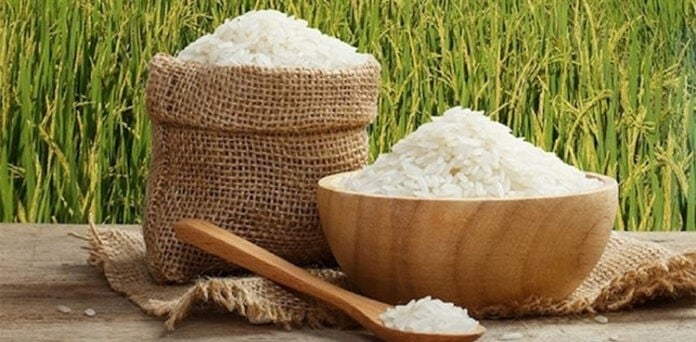 |
India in late July ordered a temporary halt to rice exports, raising concerns about further inflation in global food markets. Thailand’s commerce minister told a news conference that India’s ban provided an opportunity for Thai rice producers, especially in Africa, to absorb large volumes of rice from India. With India’s export ban, global prices have risen as volumes have decreased, allowing farmers to sell their rice at higher prices. However, global prices are volatile and the Thai government is closely monitoring the situation.
Thailand, the world's second-largest rice exporter, is expected to export more than 8 million tons of rice this year, according to Charoen Laothamatas, president of the Thai Rice Exporters Association. Thailand shipped 4.8 million tons in the first seven months of the year, with monthly exports ranging from 700,000 to 800,000 tons. Last year's rice exports were 7.71 million tons.
The global market is facing speculation, posing a risk for countries without rice reserves. Thai rice export prices could rise 20% after India’s ban. The Thai Rice Exporters Association said exporters were reluctant to quote prices while waiting for more clarity and were likely to suspend exports for a while. They are now worried about old contracts with delivery dates of two or three weeks because of the volatile prices.
Trade sources said some rice exporters in Thailand and Vietnam are renegotiating contracts for around half a million tonnes for August shipments. Thailand’s commerce minister said the government would also ensure domestic rice prices do not rise too high, adding that inflation is expected to remain low. As rice exports remain normal, domestic consumption has not been affected, but higher prices must be managed appropriately. Paddy prices are currently at a record 12,000 baht ($344.43) a tonne, with paddy production expected to fall 5.6% year-on-year to 32.35 million tonnes this year.
Duy Hung (synthesis)
How do you find this article?
Poor ★ Average ★ ★ Promising ★★★ Good ★★★★ Very good ★★★★★
Source link



![[Photo] Prime Minister Pham Minh Chinh chairs the meeting of the Government Party Committee Standing Committee](https://vstatic.vietnam.vn/vietnam/resource/IMAGE/2025/8/23/8e94aa3d26424d1ab1528c3e4bbacc45)

![[Photo] General Secretary To Lam attends the 80th Anniversary of the Cultural Sector's Traditional Day](https://vstatic.vietnam.vn/vietnam/resource/IMAGE/2025/8/23/7a88e6b58502490aa153adf8f0eec2b2)



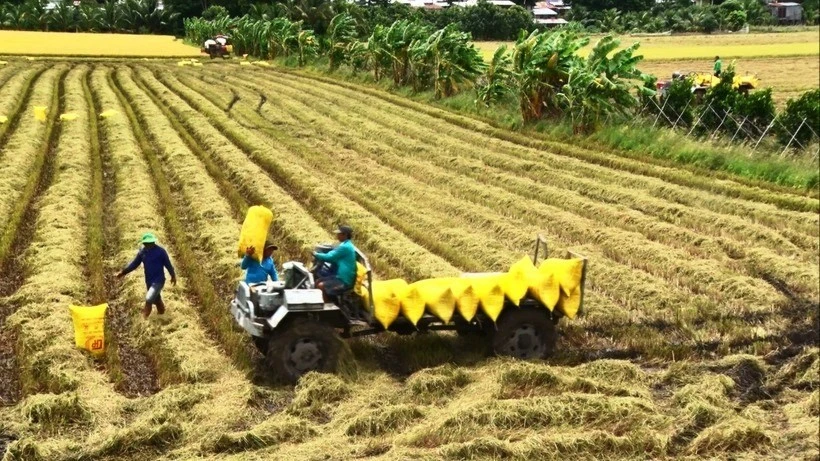

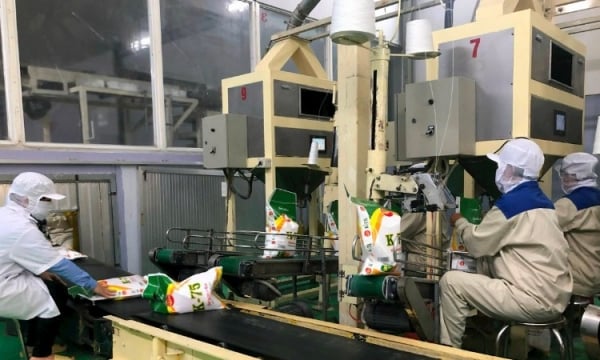

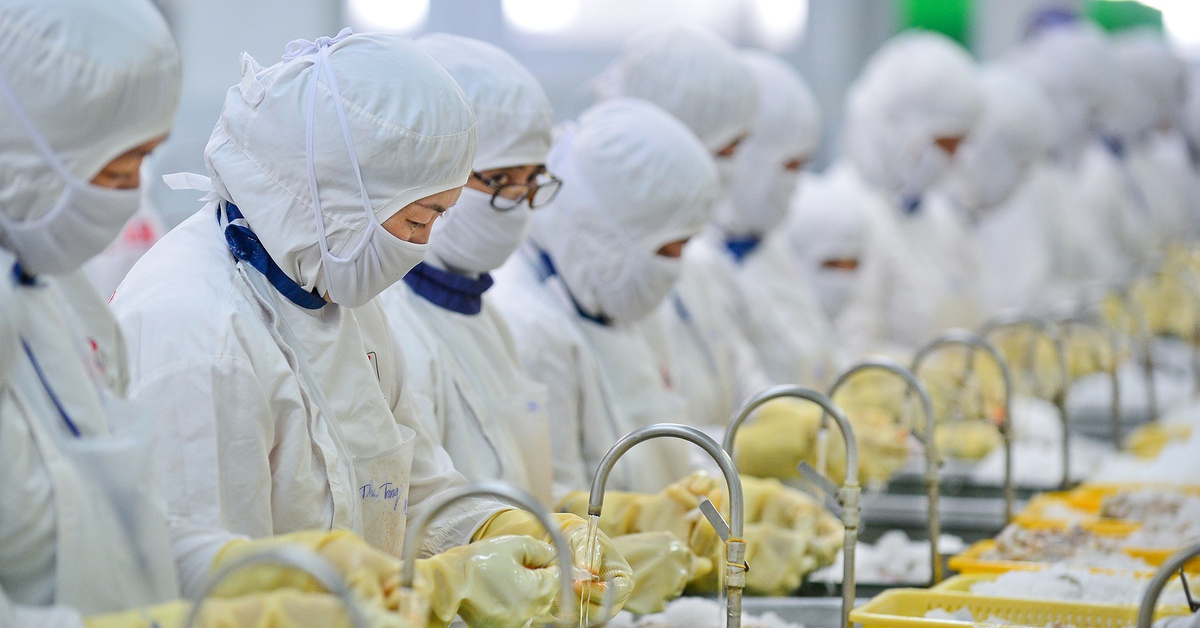

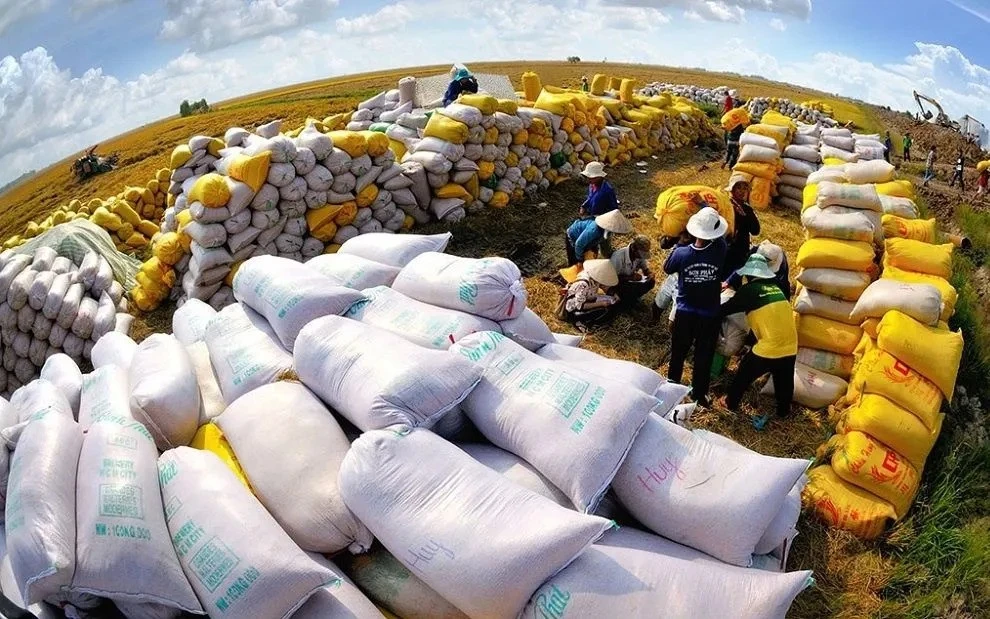


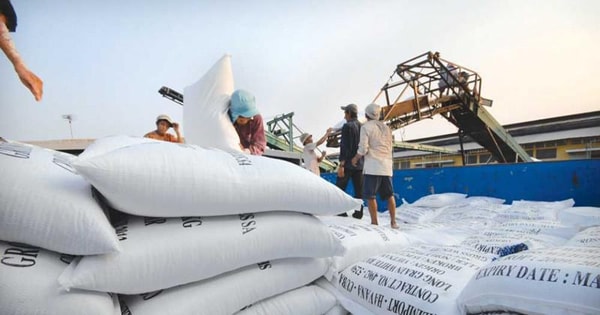


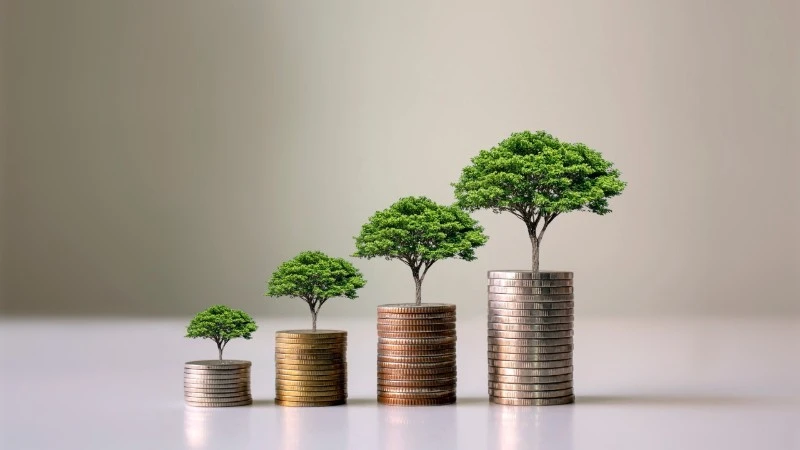

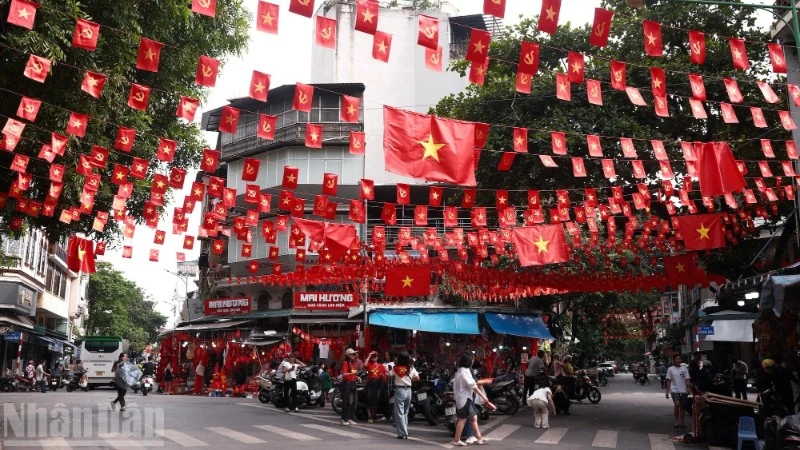

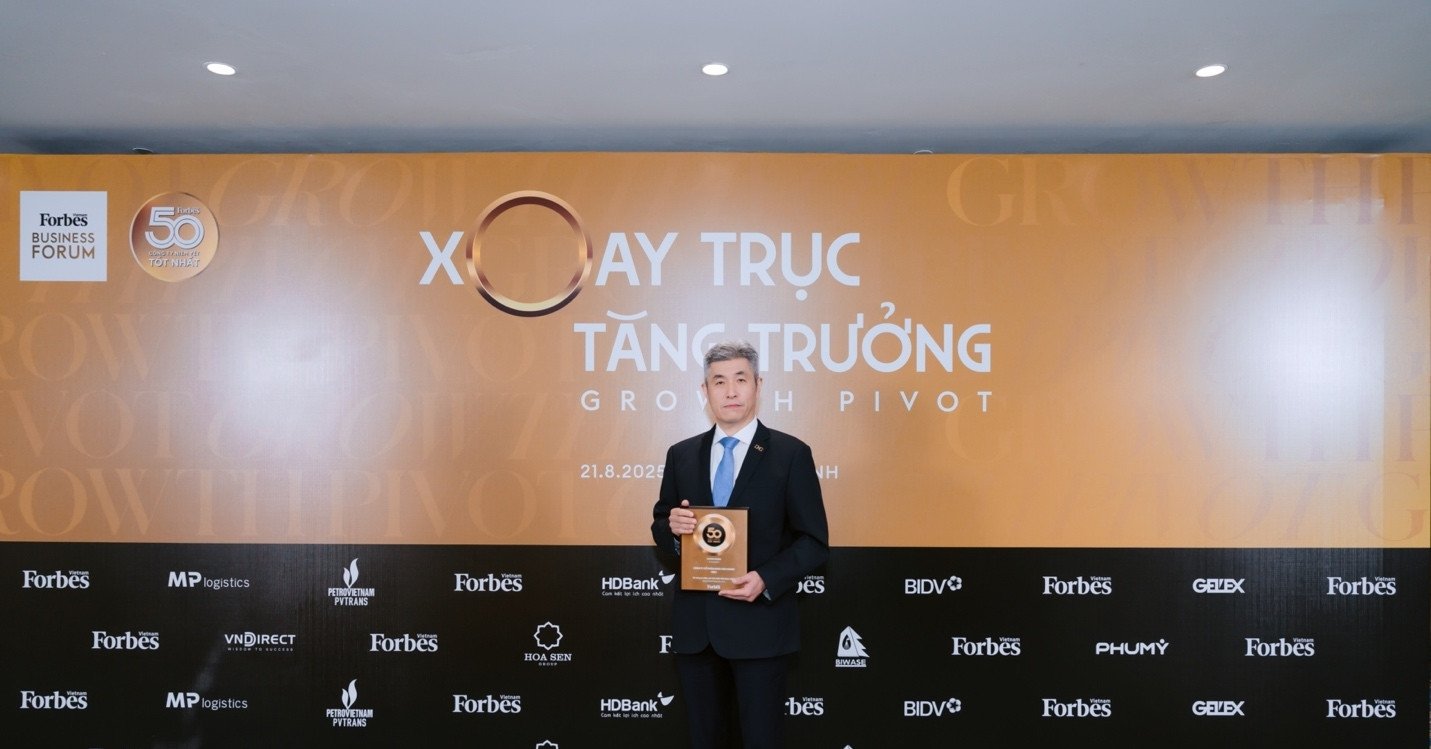

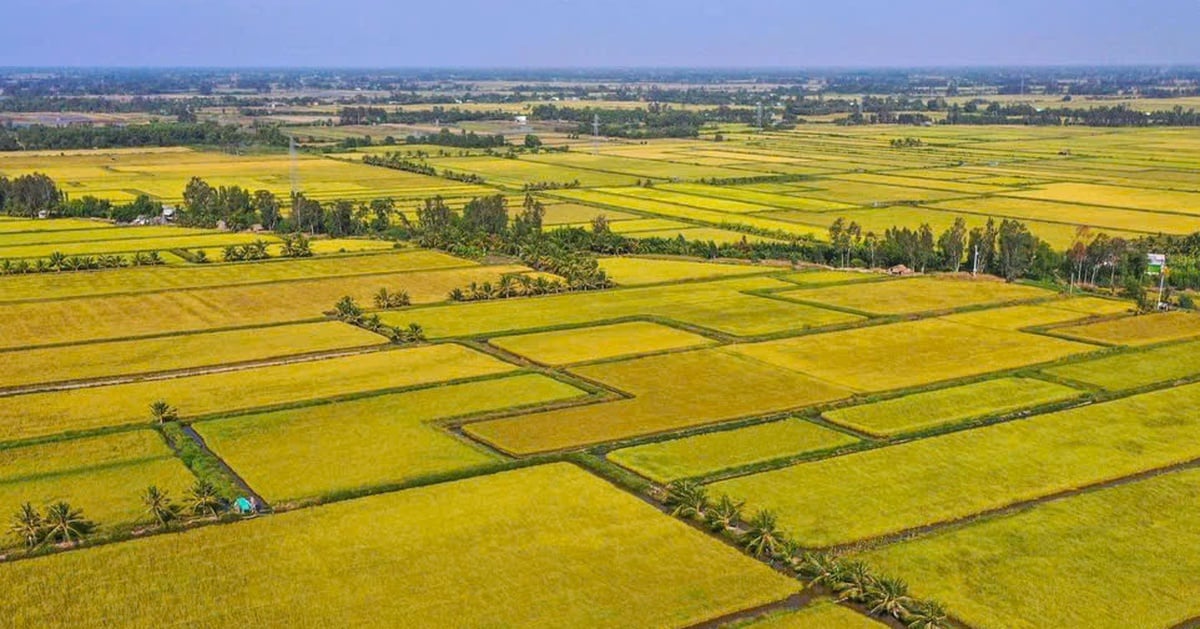






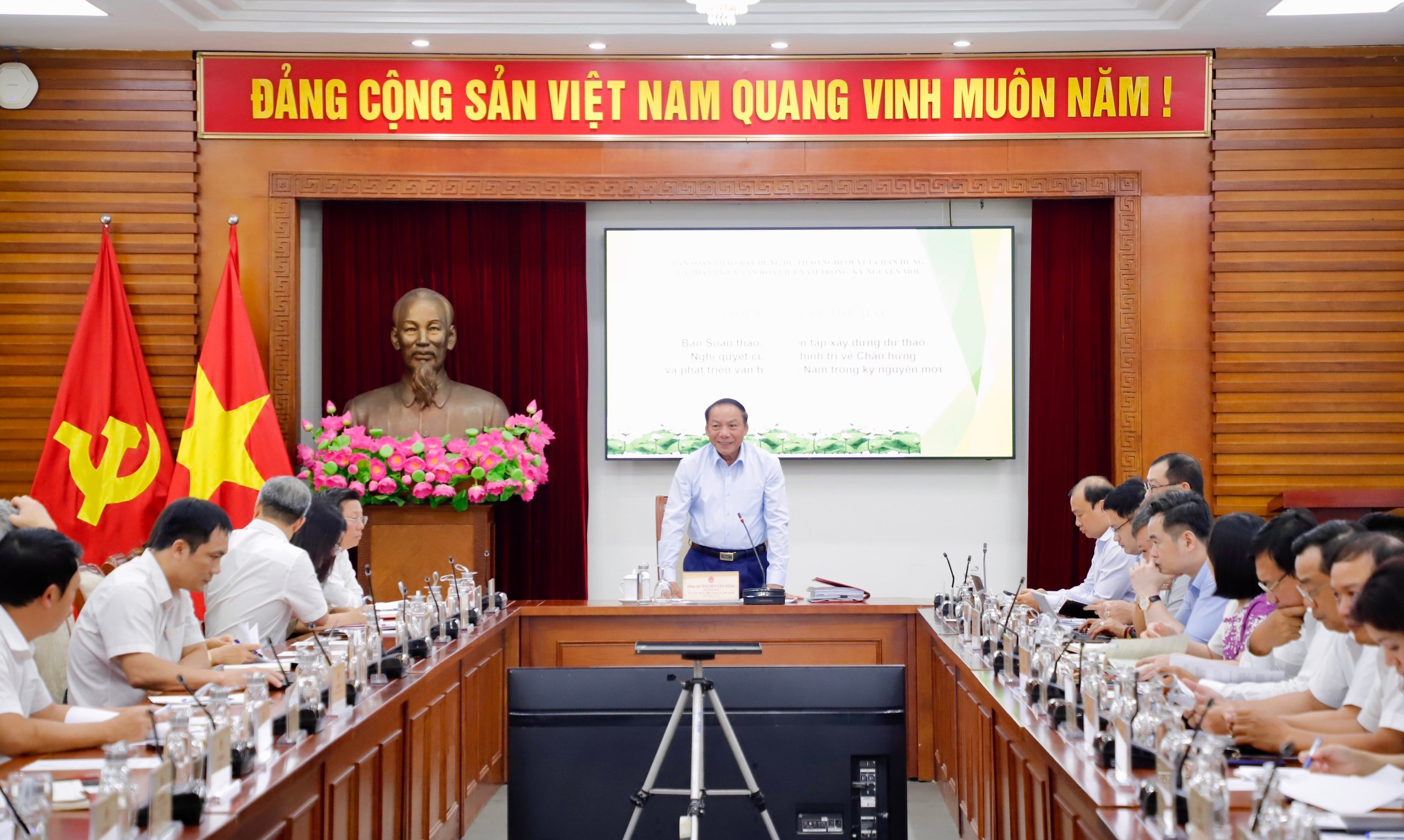


































































Comment (0)